Conservative commentator Guy Benson and his husband recently announced the arrival of a new baby, born via surrogate. Controversy erupted when they tweeted out the news. Last year, when Dave Rubin, another conservative commentator, and his husband announced they would have two surrogate babies, there was a similar flare-up.
Surrogacy is the only way a male couple can biologically become parents, but the practice is increasingly questioned due to moral and ethical concerns surrounding the industry and the rights of children.
Now, the issue is dividing conservatives who have recently found common ground against things like radical transgender ideology. Some immediately conclude that critics of surrogacy harbor bias against gay families.
Chad Felix Greene, for example, wrote that after “finally see[ing] good movement on slowing down the LGBTQ left’s aggressive sexual and gender policies,” social conservatives pivot to “attack[ing] surrogacy and gay families.”
But the message for Greene, and others, has been lost in translation. Opponents of surrogacy object to it for both same-sex and opposite-sex couples. Anti-surrogacy efforts do impact gay couples indirectly, a natural result of opposition to a corrupt industry that exploits women, commercializes children and often denies them of their right to two biological parents.
Gay couples also feel attacked because social conservatives argue for the well-researched truth that children who grow up with their biological mother and father fare better than those who don’t — even those adopted at birth. Adoptees all experience the early trauma of infant-mother separation and ultimately have a higher risk of suicide and other mental health struggles. The same statistics would apply to surrogate-born children.
To be clear: surrogacy opponents are not against adoption, far from it. However, data surrounding the lifelong effect of separation from birth mothers is relevant. Plus, there’s a stark difference between adoption and surrogacy.
Adoption often arises from an unplanned pregnancy where the optimal choice is placing the child into a caring family. Conversely, surrogacy intentionally imparts trauma and creates adverse circumstances by design. To take a baby from the only body, home, voice and smell they’ve ever known at birth can have lifelong effects.
In Birth Psychology, Paula Thomson writes that “early pre- and post-natal experiences, including early trauma, are encoded into the implicit memory of the fetus.”
These memories, says Thompson, “will travel with us into our early days of infancy and beyond and more importantly… set our ongoing physiological and psychological regulatory baselines.”
In other words, mother-child connection in the womb matters deeply, regardless of if the birth mother is genetically related to the child. But do couples desiring children at any cost care about that?
Parenthood’s core theme is encapsulated in: “It’s no longer about me.” Surrogacy and families without a mother or father (either gay couples or single adults) solely focus on the involved adults. Children’s rights and needs always come second in these cases.
In a just society, the responsible adults must be centered on the needs of the most vulnerable. In this case, children lack the choice or consent for a life marked by trauma and disadvantage.
As a result, an increasing number of donor-conceived individuals are now speaking out against surrogacy and donor conception.
“I always knew that I was purchased and created precisely to make her happy,” writes the donor-conceived Alana. “My father was never a full human being to [my mother], only a handful of breeding details.”
Sounds familiar. This week, a clip went viral of a man who said he “spent a quarter of a million” to ultimately get an “Ivy League-educated…. Brazilian supermodel” to be the bio mom for his child.
An anonymous, donor-conceived TikTok user told me she was devastated to discover her biological mother had no interest in a relationship. The “mother” viewed herself as an egg donor, nothing more. But to this young woman, that “egg donor” was part of her identity.
Viewing surrogacy in its starkest terms, it’s easy to repudiate. In theory, human selling (aka “trafficking”) is illegal. In reality, you can buy a baby at $50,000 a pop within the Wild West that is unregulated surrogacy in the US. We’re one of the only Western countries with few restrictions on who can buy a baby, so long as they cough up the cash.
Surrogacy has ballooned from a $4 billion to a $14 billion industry in just the last two years and is slated to grow to $129 billion by 2032. Vulnerable women from places like war-torn Ukraine and impoverished Uganda are often used to grow babies for wealthy Americans.
Not every couple who uses a surrogate is wealthy. They may save for years to move ahead with this dream of a family. And many surrogates themselves genuinely want to help others start a family. But how many would step forward if payment were unavailable? Despite framing this activity as altruistic, it is fundamentally commercial and ethically questionable at best.
And the linguistic gymnastics used to justify the practice are obvious. Men and women who contribute to a baby’s creation are called egg and sperm “donors.” Yet they are paid for their specimen, something you can’t legally do with any other body part.
Female “gestational carriers” earn tens of thousands of dollars for the use of their bodies — mere rental wombs for the human life they grow and give up after nine months.
In Rubin’s case specifically, there were possibly six people involved in the creation of two babies: two men who provided sperm, two women who provided eggs and two different women who were the birth mothers. These confusing biological and physical details are part of a real human’s story, one that will require them to navigate a complex mess of identity.
There may be accusations of anti-gay bias when it comes to surrogacy, but these are false. The concern lies in totality with the wellbeing of the child, whom society has considered least of all in this dialogue.



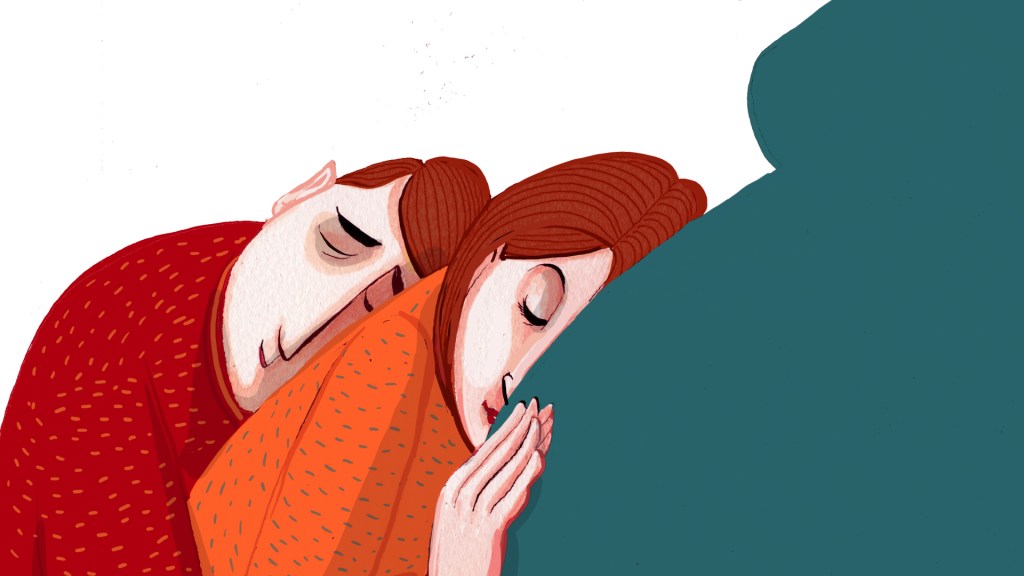








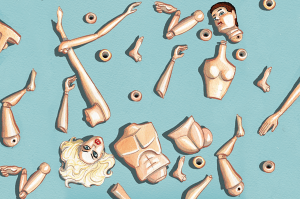
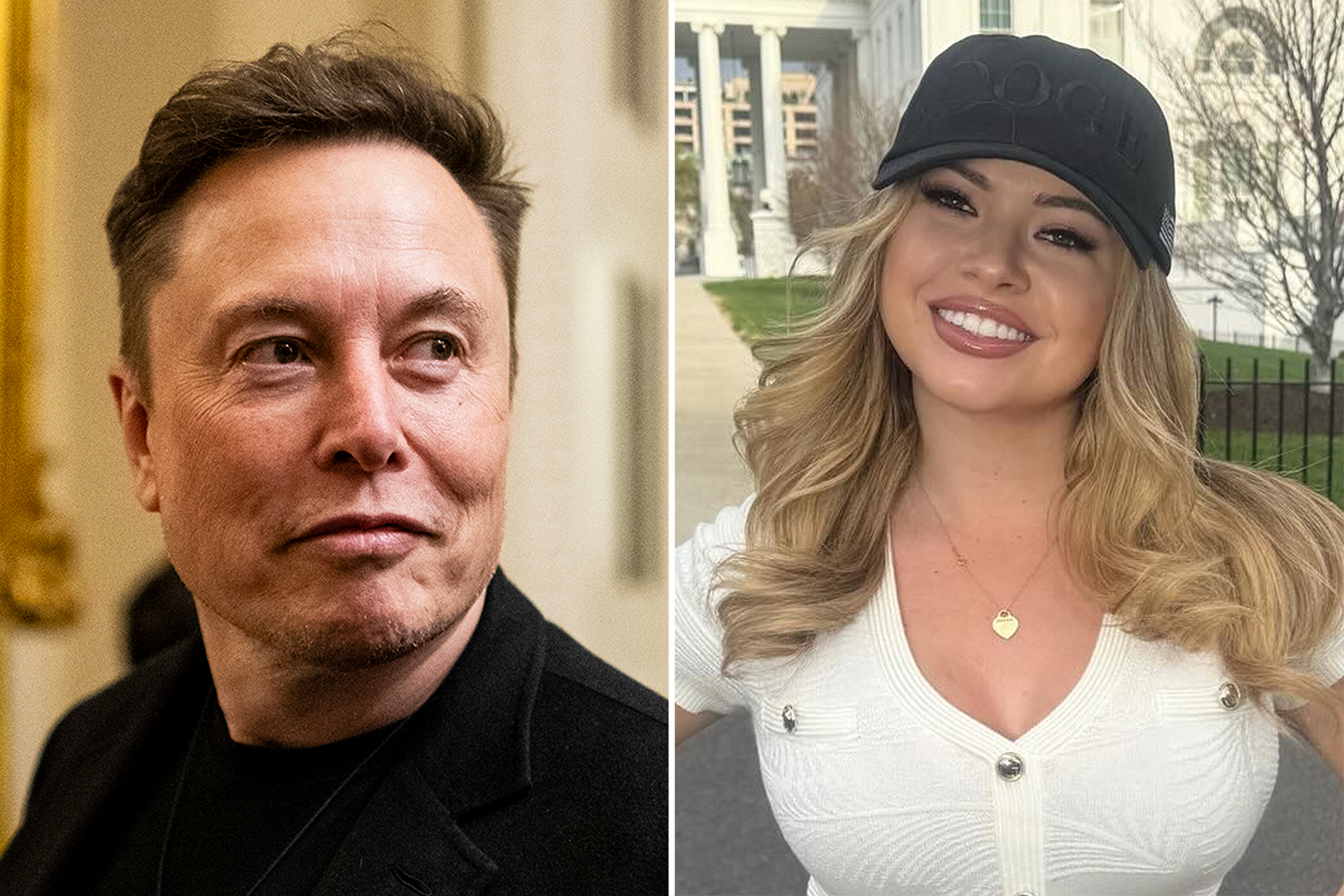
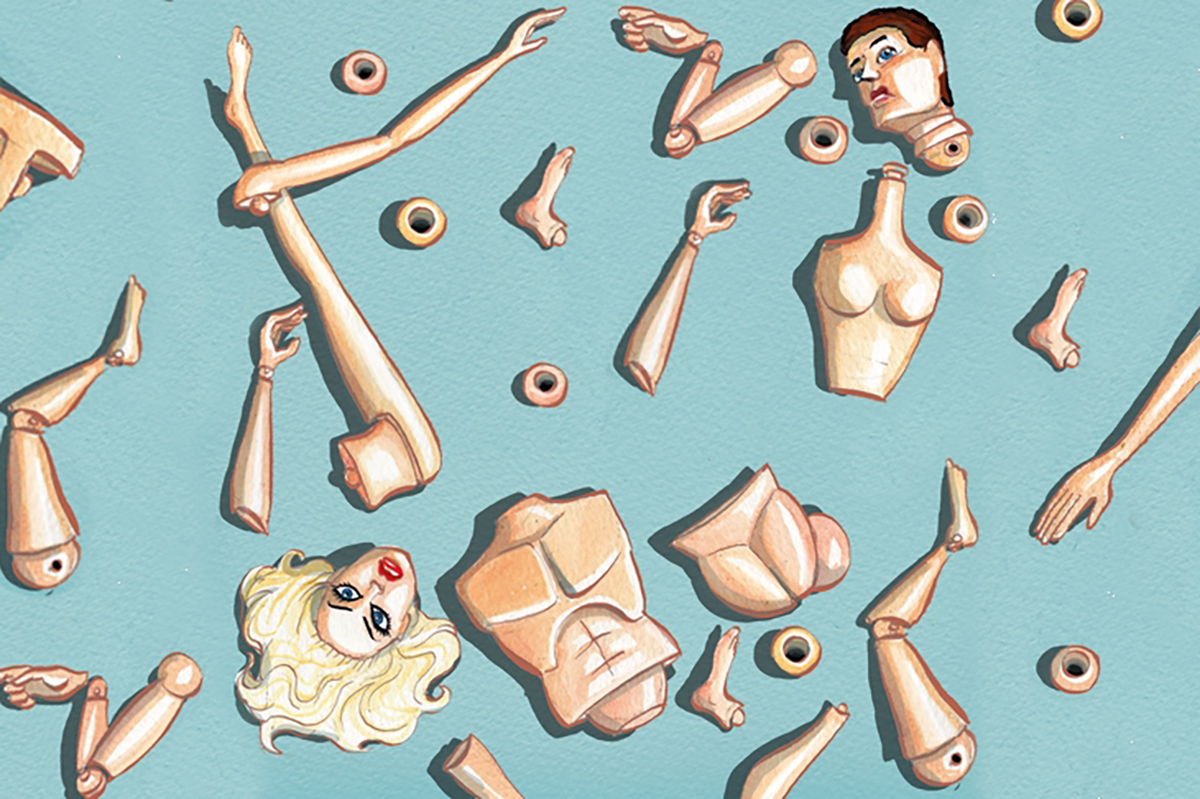
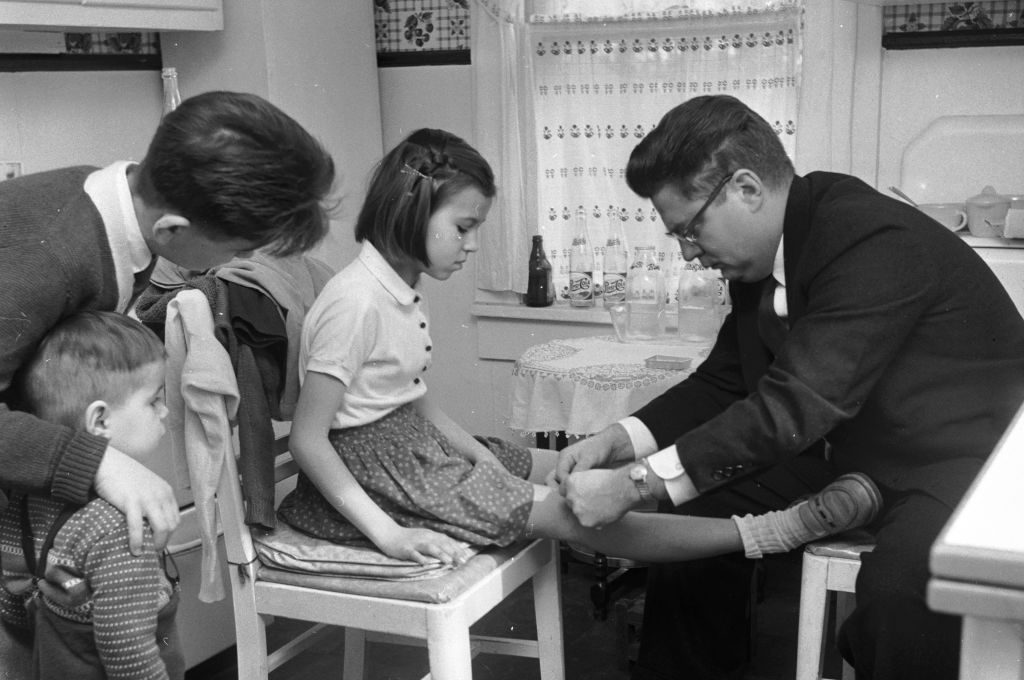
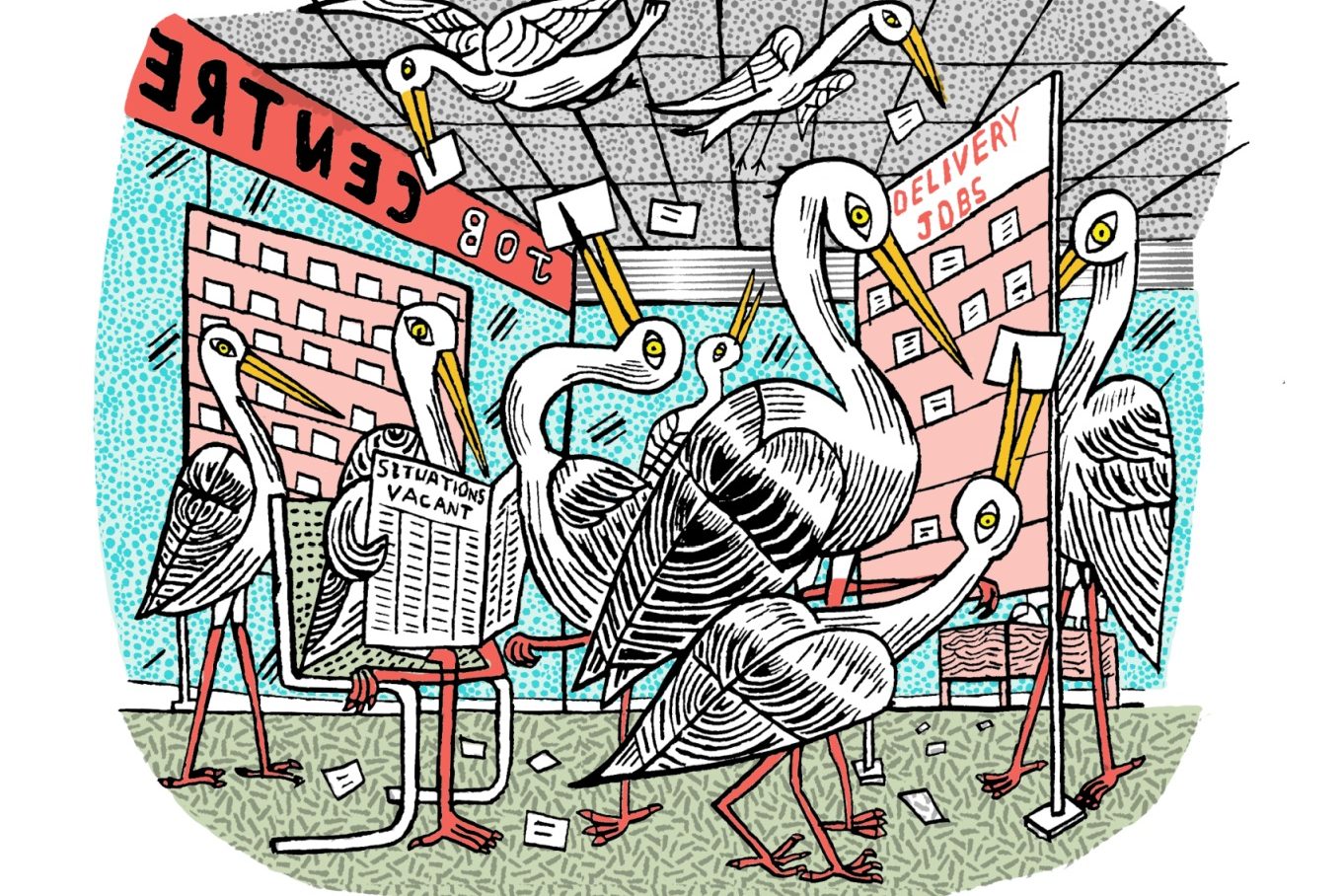









Leave a Reply